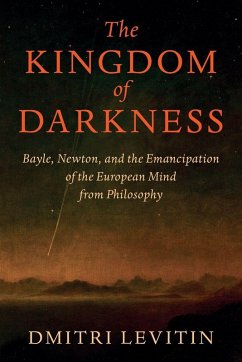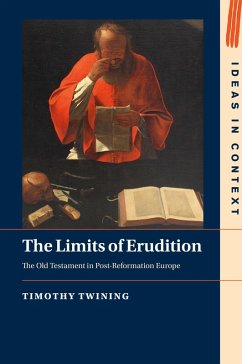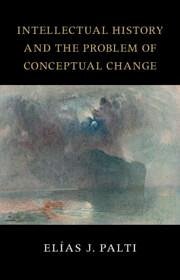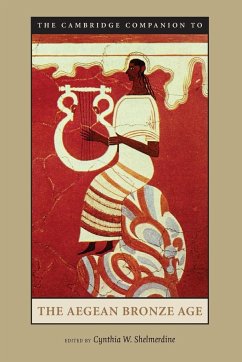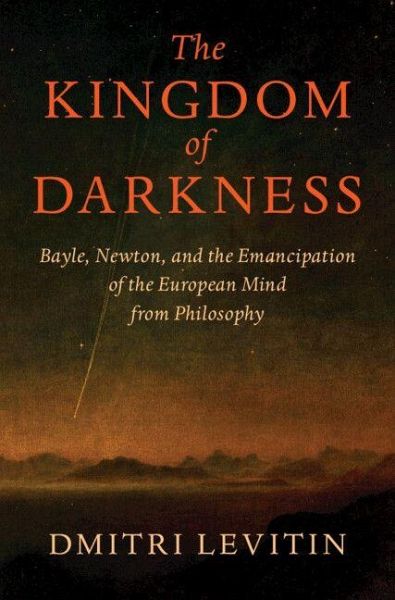
The Kingdom of Darkness
Versandkostenfrei!
Versandfertig in 1-2 Wochen
102,99 €
inkl. MwSt.
Weitere Ausgaben:

PAYBACK Punkte
51 °P sammeln!
This book offers a transformative account of early modern European intellectual history, culminating in new interpretations of two of its leading minds: Pierre Bayle and Isaac Newton. It charts the process by which speculative philosophy was gradually excluded from the European system of knowledge, not least via new genealogies of global thought.





